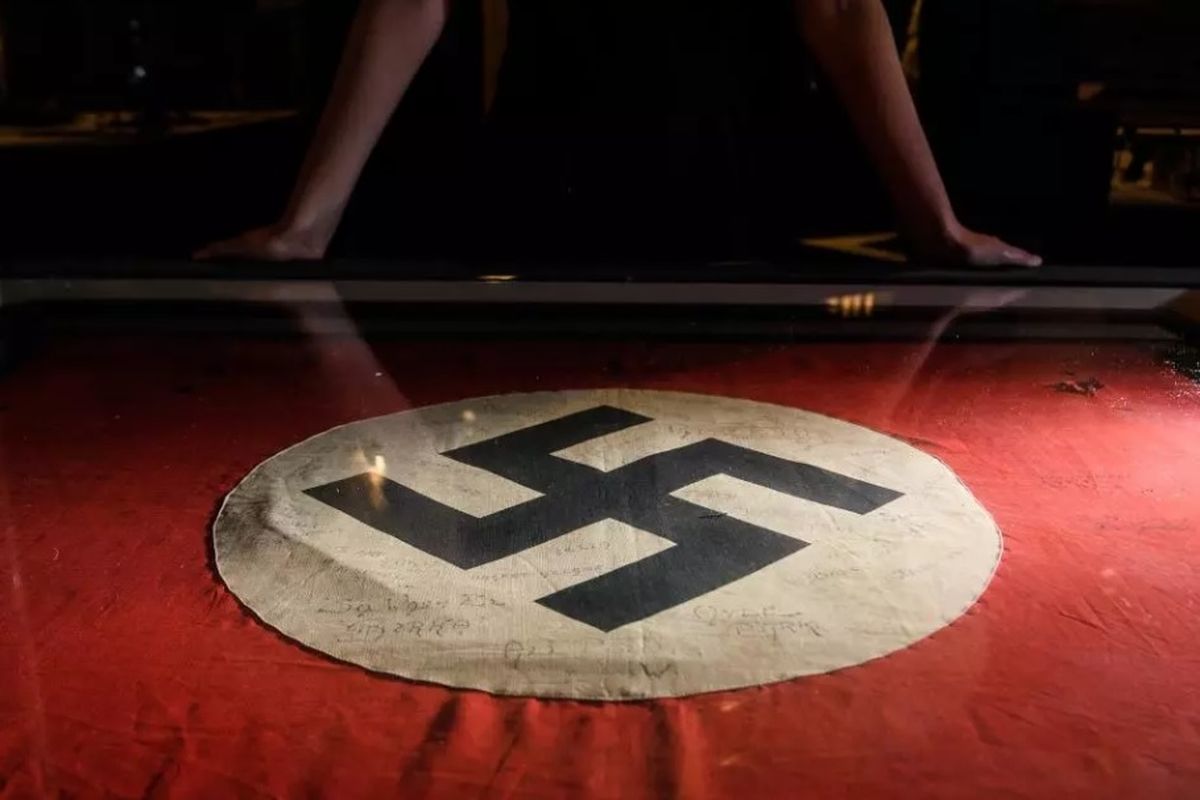Ex-Stutthof Concentration Camp Guard Bruno Dey Sentenced for WW II Crimes

Demjanjuk, who steadfastly denied the allegations, died before his appeal could be heard.
Before Demjanjuk’s case, German courts had required prosecutors to justify charges by presenting evidence of a former guard’s participation in a specific killing, a legal standard that was often next to impossible to meet given the circumstances of the crimes committed at Nazi death camps.
However, prosecutors successfully argued during Demjanjuk’s trial in Munich that guarding a camp where the only purpose was murder was enough for an accessory conviction.
A federal court subsequently upheld the 2015 conviction of former Auschwitz guard Oskar Groening, solidifying the precedent.
The Dey case extends the argument to apply to a guard at a concentration camp that did not exist for the sole purpose of extermination, rather than a death camp guard.
Prosecutors argued that as a Stutthof guard from August 1944 to April 1945, Dey — although “no ardent worshipper of Nazi ideology” — aided all the killings that took place there during that period as a “small wheel in the machinery of murder.”
Dey gave wide-ranging statements to investigators about his service, saying that he was deemed unfit for combat in the regular Germany army in 1944 so was drafted into an SS guard detachment and sent to the camp near Danzig, now the Polish city of Gdansk.
Initially a collection point for Jews and non-Jewish Poles removed from Danzig, Stutthof from about 1940 was used as a so-called “work education camp” where forced laborers, primarily Polish and Soviet citizens, were sent to serve sentences and often died.
Others incarcerated there included political prisoners, accused criminals, people suspected of homosexual activity and Jehovah’s Witnesses.
From mid-1944, when Dey was posted there, tens of thousands of Jews from ghettos in the Baltics and from Auschwitz filled the camp along with thousands of Polish civilians swept up in the brutal Nazi suppression of the Warsaw uprising.
More than 60,000 people were killed there by being given lethal injections of gasoline or phenol directly to their hearts, shot or starved.
Others were forced outside in winter without clothing until they died of exposure, or were put to death in a gas chamber.
Dey told the court that as a trained baker’s apprentice, he attempted to get sent to an army kitchen or bakery when he learned he’d been assigned to Stutthof.
As a guard there, he said he frequently was directed to watch over prisoner labor crews working outside the camp.
Dey acknowledged hearing screams from the camp’s gas chambers and watching as corpses were taken to be burned, but he said he never fired his weapon and once allowed a group to smuggle meat from a dead horse they’d discovered back into the camp.
“The images of misery and horror have haunted me my entire life,” he testified.
(Writer: David Rising)
Source: https://apnews.com/48760750c400b329e6540b6742804621
Simak breaking news dan berita pilihan kami langsung di ponselmu. Pilih saluran andalanmu akses berita Kompas.com WhatsApp Channel : https://www.whatsapp.com/channel/0029VaFPbedBPzjZrk13HO3D. Pastikan kamu sudah install aplikasi WhatsApp ya.

































